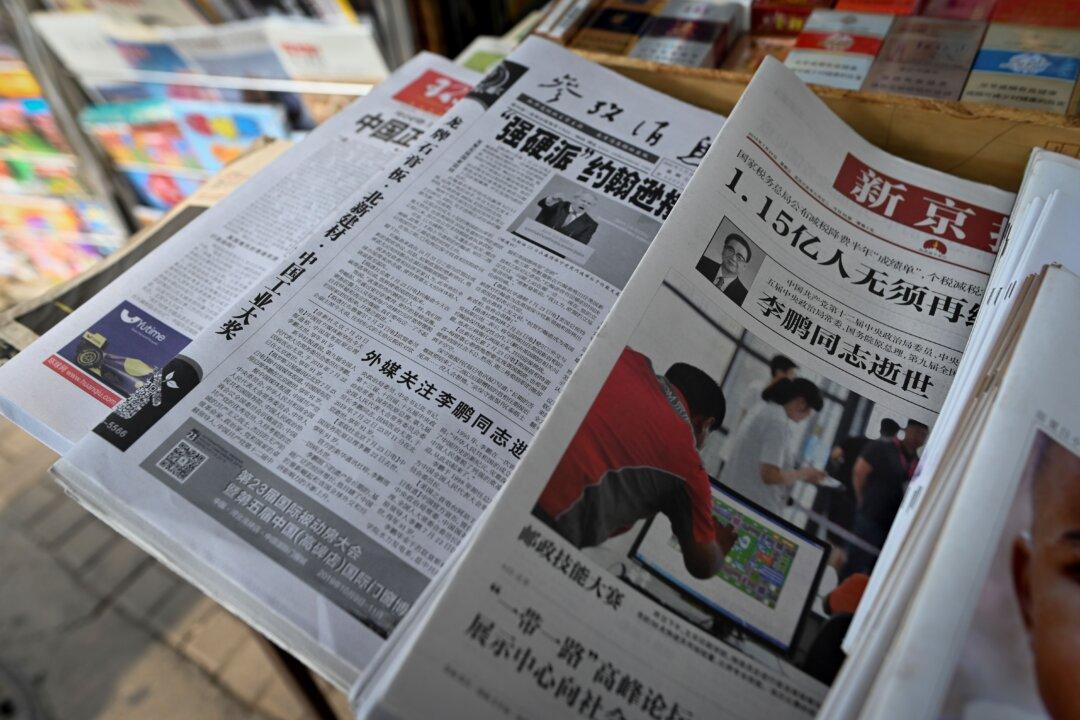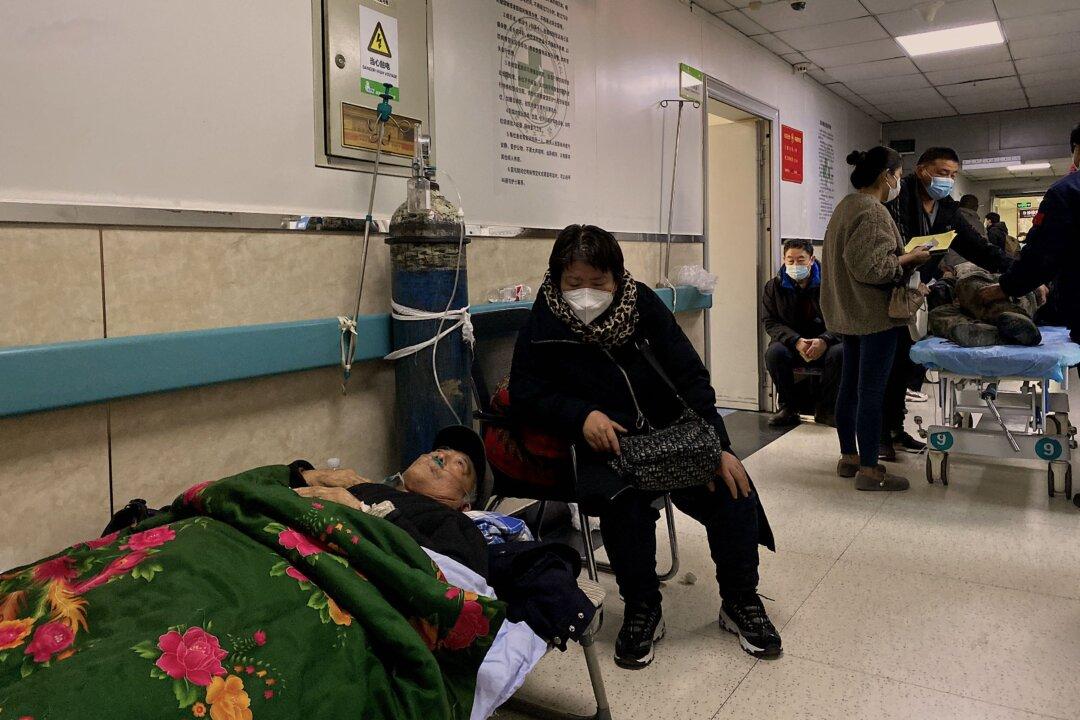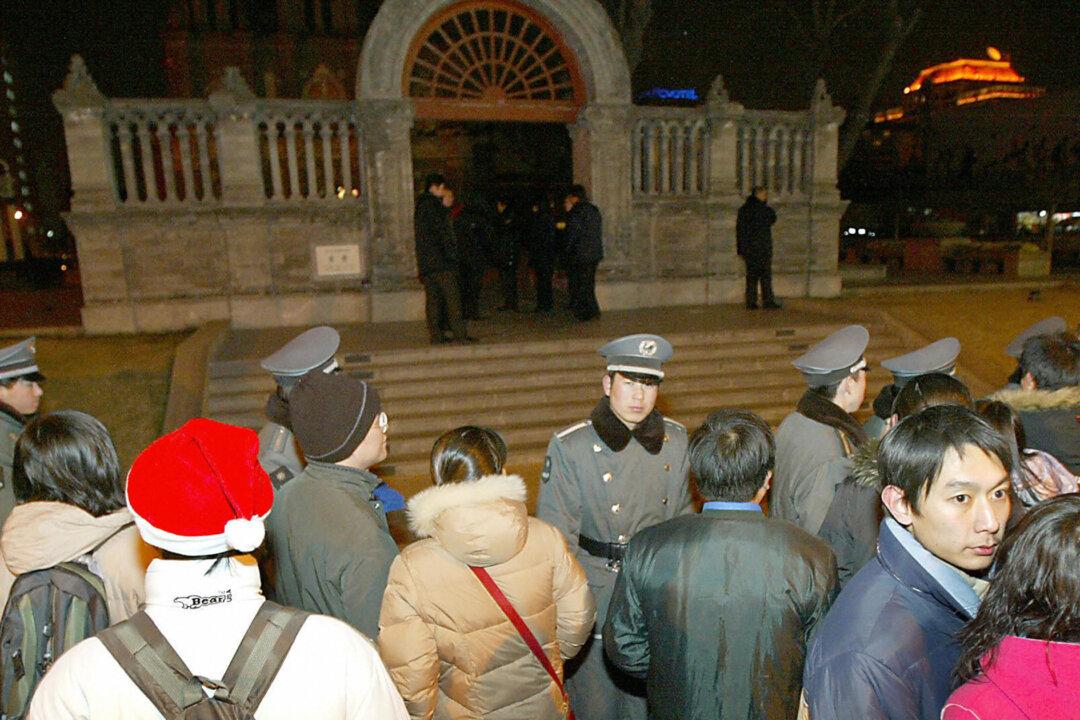China News Service (CNS) is among the nine Chinese Communist Party (CCP)-controlled media outlets recently designated by the U.S. State Department as foreign missions. In addition to spreading the CCP’s rhetoric, CNS plays an essential role in propping up a large number of Chinese-language pro-Beijing media outlets outside of China.
“Party-owned media must. . . embody the party’s will, safeguard the party’s authority … their actions must be highly consistent with the party.” These words of Chinese leader Xi Jinping were quoted by the U.S. State Department in a June 22 statement announcing the administration’s designation of four additional CCP-owned media outlets as foreign missions.




